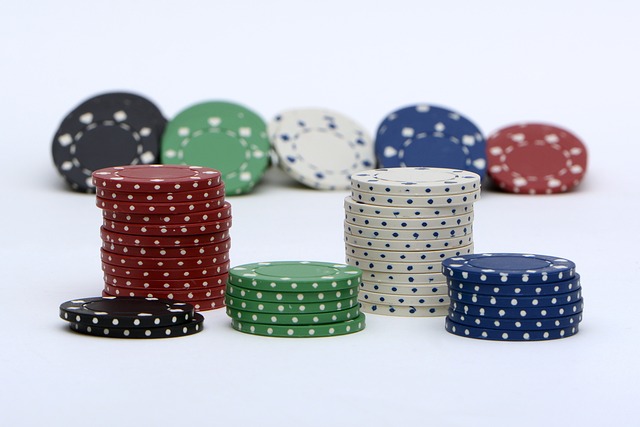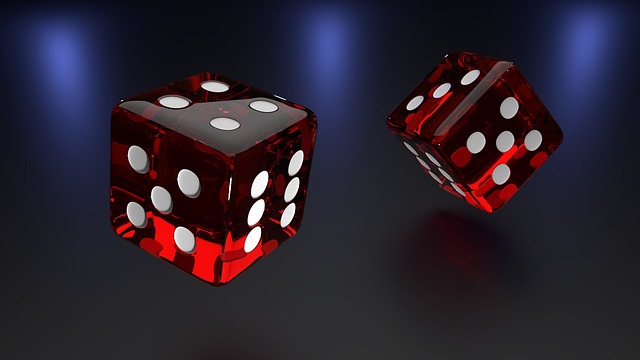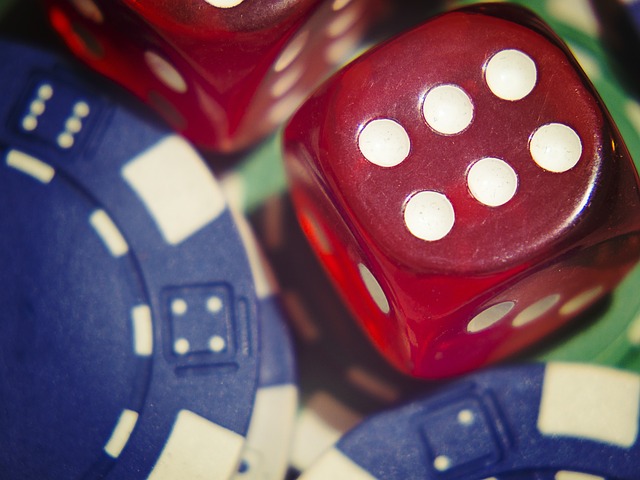Your heart races, your hands sweat. What is that thrill? It’s gambling, seductive and dangerous like a siren. For millennia it has bewitched us, enchanted us, made us lose our minds. And today? Well, all it takes is one click to bet online safely. But what is the love of gambling?
From caves to casinos: the eternal dance with luck
Our troglodyte ancestors already threw little bones to decide who would face the mammoth! And the ancient Romans? Crazy about dice, stuff that would make Las Vegas look like an oratory. Emperor Claudius even wrote a book about it.
In China, thousands of years ago, they invented keno. It was used to raise money for the Great Wall! Brilliant, right?
And us? Are we really that different? Some say our brains are programmed for gambling. Dopamine in abundance, adrenaline through the roof. Scientists in white coats call it “activation of the reward system”.
The perverse allure of the “almost win”

Have you ever noticed how flashing slot machines always seem to be on the verge of giving you the jackpot? It’s no coincidence. The phenomenon of the “almost win” has been studied in depth by psychologists. Those symbols that line up perfectly… except for one. That horse that comes in second by a whisker. They are all illusions artfully designed to keep us glued to the game.
A famous experiment conducted in 1953 by B.F. Skinner on pigeons demonstrated how intermittent and unpredictable rewards were the most effective in maintaining behavior. And we’re not so different from those birds, it seems.
From the saloons of the Wild West to the apps on your smartphone
Imagine a dusty town in the Wild West. The saloon is bustling with cowboys, gold miners and outlaws. At the green table, fortunes are played with cards, while the shots of Russian roulette ring out. Gambling fever has truly shaped American history.
Take Las Vegas. From a small outpost in the desert to the world capital of entertainment. An empire built on sand… and illusions. But today you no longer need to cross the ocean to experience the thrill of Sin City. All it takes is a smartphone to transform your living room into a virtual casino.
The dark side of victory: when winning means losing

Do you know the story of Archie Karas? A Greek immigrant who arrived in Las Vegas with $50 in his pocket and in three years amassed a fortune of $40 million. A modern fairy tale, you might say. Too bad Archie lost everything in less than three weeks.
The gambler’s paradox is precisely this: the more you win, the more you risk losing everything. Psychology teaches us that big wins can be even more dangerous than losses. They create an illusion of control, they make us feel invincible. And they push us to risk more and more.
The future of gambling: between ethics and innovation
What does the future hold for us? Virtual reality casinos where we can experience the thrill of gambling without risking a cent? Artificial intelligence algorithms capable of identifying and blocking risky behaviors? Or perhaps a society where the very concept of gambling will be rethought from top to bottom?
